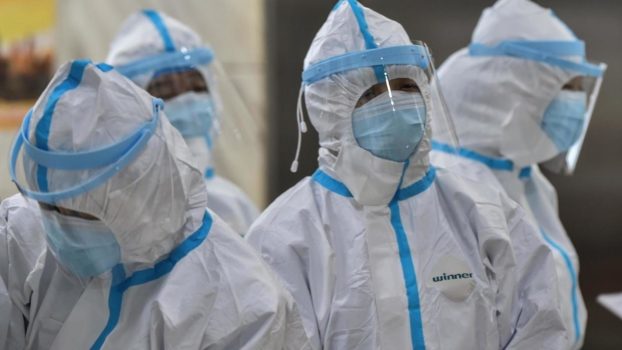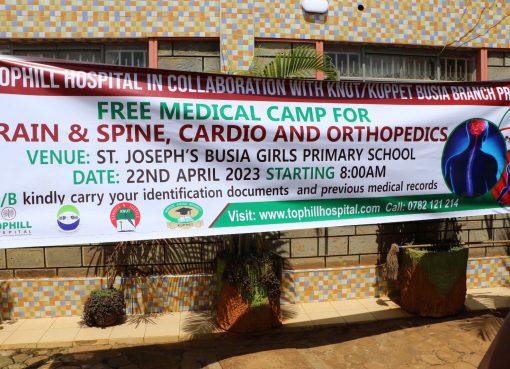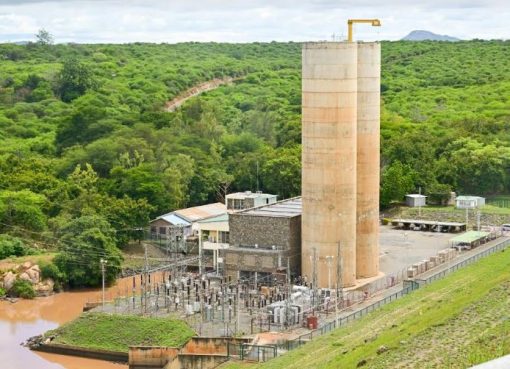The number of confirmed COVID-19 cases in Africa has risen to more than 10,000 and caused more than 500 deaths.
While the virus was slow to reach the continent compared to other parts of the world, infection has grown exponentially in recent weeks and continues to spread.
According to John Hopkins University and Africa Center for Disease Control on COVID-19 in Africa, the breakdown in Africa remains fluid as countries confirm cases as and when they occur, but as of Tuesday, confirmed cases were 10,068, with 487 number of deaths, while recovering cases at 993.
In a press release by World Health Organization (WHO) Africa Division, so far 52 countries in Africa have reported cases after the disease reaching the continent through travelers returning from hotspots in Asia, Europe and the United States.
Africa’s first COVID-19 case was recorded in Egypt on 14 February and initially, mainly confined to capital cities and now a significant number of countries in Africa reporting cases in multiple provinces.
Dr Matshidiso Moeti, World Health Organization (WHO) Regional Director for Africa said COVID-19 has the potential not only to cause thousands of deaths, but also unleash economic and social devastation.
“It’s spread beyond major cities means the opening of a new front in our fight against this virus and this requires a decentralized response, which is tailored to the local context,” she said.
Dr. Moeti noted that communities need to be empowered, and provincial and district levels of government need to ensure they have the resources and expertise to respond to outbreaks locally.
WHO is working with governments across Africa to scale up their capacities in critical response areas and Kenya, Ghana, Ethiopia, Egypt, Morocco, Tunisia and Nigeria have expanded national testing to multiple labs, allowing for decentralized testing, Dr. Moeti said.
She said WHO is working in areas of coordination, surveillance, testing, isolation, case management, contact tracing, infection prevention and control, risk communication and community engagement, and laboratory capacity.
“These combined measures will ensure the rapid identification of cases, the tracking down and quarantining of contacts and the isolation and treatment of patients. It is also crucial that people are provided with accurate information which will promote healthy behavior,”, Dr. Moeti said.
Protection of health workers, she added, is also a vital component of the response and when governments implement physical distancing measures, the basic needs of people should be taken into account.
Dr. Ahmed Al-Mandhari, WHO Regional Director for the Eastern Mediterranean, said that Africa still has an opportunity to reduce and slow down disease transmission and thus all countries must rapidly accelerate and scale up a comprehensive response to the pandemic, including an appropriate combination of proven public health and physical distancing measures.
“Within that process, Member States should target effective control of the outbreak, but plan for the worst. Early isolation of all cases, including mild cases, is also one of the key control measures, along with early detection, early treatment and contact tracing”, he said.
Dr. Ahmed further said that timely and accurate epidemiological data is one of the most important tools to inform and drive the response and thus Countries must protect their health care workers and ensure that they are appropriately equipped.
He expressed concern about the impact of the pandemic on countries with fragile health systems and those experiencing complex emergencies and asked the international community to extend technical and financial support to these countries to enhance response capacities to minimize the spread of the outbreak.
“Some countries in Africa may not have adequate intensive care unit capacity such as beds, ventilators and trained personnel,”he said.
WHO is working across Africa to deliver essential equipment, train health workers, clinicians and public servants on how best to respond to COVID-19, and to tailor global guidance to challenging local contexts.
By Wangari Ndirangu




